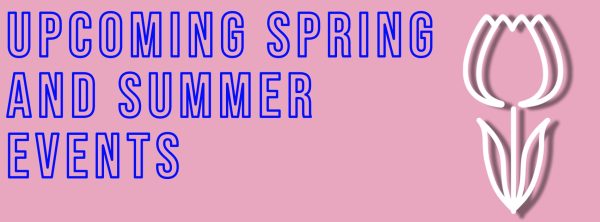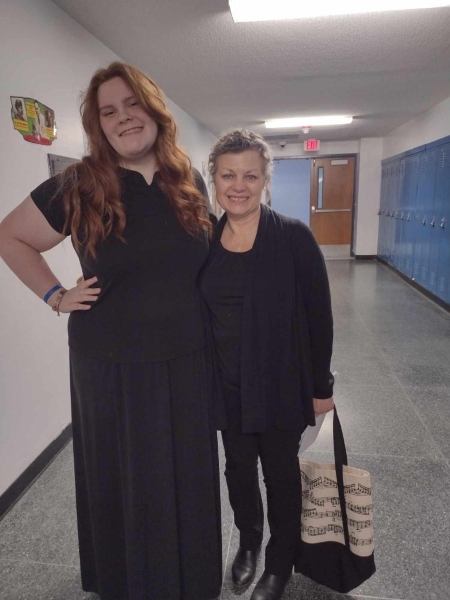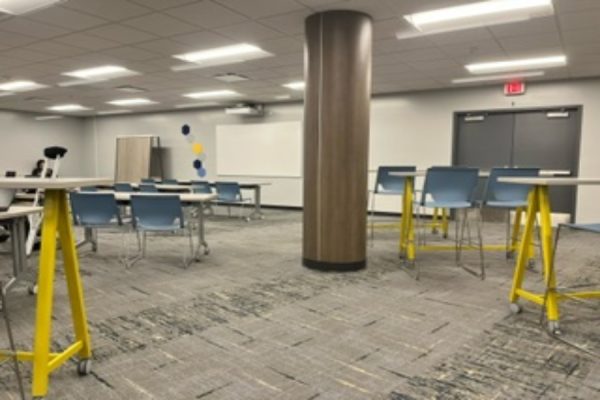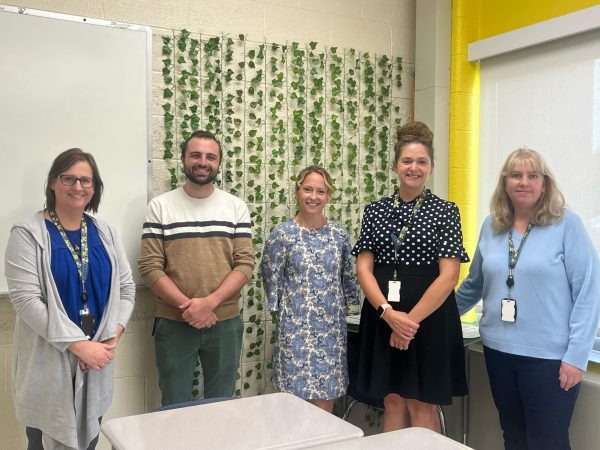#CelebrateDifferences during Autism Acceptance Month this April
IMAGE / University of Manchester
Autism Awareness and Acceptance Month brings attention to people of all ages.
History of Autism Acceptance Month
The autism society was established in 1970 with the intent to bring global awareness to the struggles of the autistic community, establishing National Autistic Children’s Week in 1972 which eventually evolved into the month-long celebration we know today.
What is autism?
Autism is a lifelong disability that affects a person’s communication, social skills, self-regulation, and relationships. It is seen as a “spectrum” because it affects people to varying degrees with a wide variety of symptoms.
This can look like having atypical speech patterns, having difficulty maintaining a conversation, having and sticking to strict routines, and having a strong aversion to change in any form.
Differences in Diagnosis
As of 2020, 1 in 54 children in the US is diagnosed with autism; this number has almost doubled since 2010.
White children are predominantly diagnosed with autism, but this is, at least in part, a result of disparities in access to healthcare and fluency in english. Boys are four times more likely to be diagnosed with Autism, though this is because girls show different symptoms, causing them to be diagnosed later in life or misdiagnosed in childhood.
A Community Struggle
One main difficulty for the autism community is the infantilization of people with autism.
Because diagnoses generally happen during childhood, people tend to fixate on advocating for autistic children rather than adults, which gives a limited idea of what an autistic person looks like or how they behave.
This causes adults with autism difficulty finding access to services or mental health treatment, as well as widespread condescension and childlike treatment into adulthood.
What should I do?
The best thing for an individual to do is represent the attitude towards autistic people they want to see others adopt.
Treating others with humanity and respect should be a given, and paying attention to the language you use can make a huge difference.
For a more one-on-one experience, consider talking to Ms. Sturgess about becoming a Hornet Link, where you’re paired with a student in the special ed classes to provide a connection to regular-ed classrooms and friendships.
For more information, check out the autism society website here: https://autismsociety.org/











